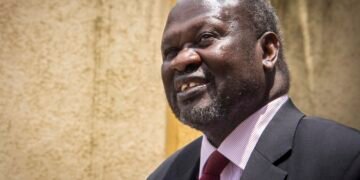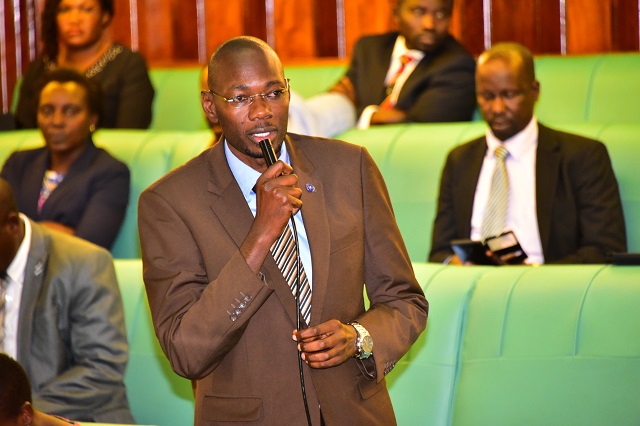Members of the US electoral college have affirmed Joe Biden’s presidential election victory, one of the final steps required for him to take office.
The Democrat won November’s contest with 306 electoral college votes to Republican Donald Trump’s 232.
Under the US system, voters actually cast their ballots for “electors”, who in turn, formally vote for candidates weeks after the election.
Despite this process, President Trump is not expected to accept the result.
Normally the electors do not get that much attention but this year, due to Mr Trump’s persistent efforts to question and overturn the results – involving legal challenges which have been rejected by courts across the country – the state-by-state vote was in the spotlight.
Solidly Democrat California, with its 55 electors, was one of the last states to vote on Monday and took Mr Biden across the 270-vote threshold required to win the presidency.
Heightened security had been put in place in some states, including Michigan and Georgia, ahead of voting, which took place in state capitals and Washington DC.
In Michigan – a key swing state which Mr Biden won – legislative offices in the state capital Lansing were closed due to “credible” threats of violence.
The vote at the capitol building went ahead peacefully although a group of Republicans tried to enter the building to hold their own vote and were turned away.
“The people have spoken. It was a safe, fair and secure election,” said Governor Gretchen Whitmer, a Democrat who had been the subject of a kidnapping plot thwarted by the FBI earlier this year. “After today, the results will be final.”
Who are the electors?
Each political party with a candidate on the presidential ballot nominates or votes on its own slate of electors in the months prior to election day.
Once we know who won a state’s popular vote, we know which party will appoint the electors for that state.
The US Constitution only states that electors cannot be members of Congress or others who currently hold federal office.
This year, the most famous electors are former President Bill Clinton and 2016 presidential candidate Hillary Clinton, chosen for the Democrats in New York.
Electors almost always vote in line with their pledged candidate, although in 2016 some did not and this prompted states to change their laws to try and prevent a recurrence. Analysts say there is next to no chance that Mr Biden’s victory could be overturned.
The number of electors per state is roughly in line with the size of the population.
What happens next?
The results of the voting process will be sent to Washington DC and formally counted in a joint session of Congress on 6 January presided over by Vice-President Mike Pence.
That will pave the way for Joe Biden to be sworn in as president on 20 January.
Mr Biden plans to address the nation on Monday evening after the electors have voted, his transition team has announced.
He is expected to say that democracy has “prevailed” in the United States, adding: “The flame of democracy was lit in this nation a long time ago. And we now know that nothing – not even a pandemic – or an abuse of power – can extinguish that flame.”
Last month, President Trump said he would leave office in January if Mr Biden were affirmed as the election winner by the electoral college. Nevertheless, he has continued to make unsubstantiated claims of election fraud and there are few signs he will concede.
BBC World News, US Election
















